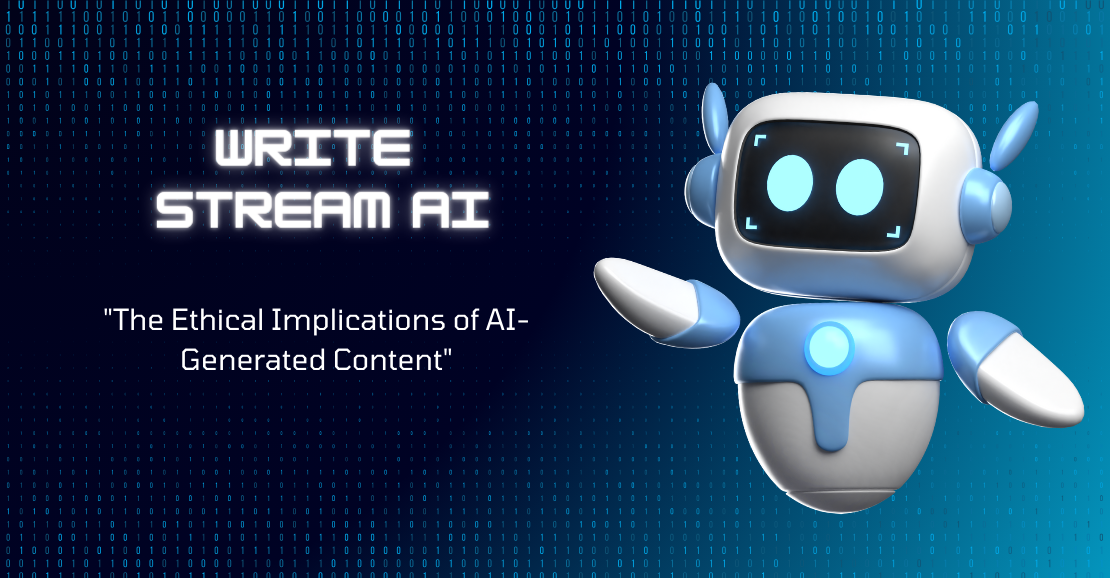In recent years, artificial intelligence (AI) has made significant advancements in various industries, including the media and content creation. With the ability to generate content, AI has opened up new possibilities for businesses and individuals to create high-quality and relevant content at a rapid pace. However, the rise of AI-generated content raises ethical concerns and implications that cannot be ignored.
The use of AI-generated content has introduced a new level of complexity to the already existing ethical concerns surrounding technology and its impact on society. These concerns transcend beyond copyright infringement and plagiarism, as AI-generated content has the potential to manipulate, deceive, and misinform the public.
One of the major ethical implications of AI-generated content is its potential to perpetuate bias and discrimination. AI algorithms are trained on data, and if the data is biased, the generated content will also exhibit the same bias. This can lead to the reinforcement of harmful stereotypes and discrimination against certain groups of individuals. For instance, if a news article is generated by an AI, it may contain biased language or misinformation about a particular group of people, thus perpetuating societal prejudices and further widening the gap between different communities.
Another concern is the lack of transparency in AI-generated content. Unlike human-generated content, AI-generated content lacks accountability as it does not have a conscience or moral compass. This raises questions about who is responsible for the content and its potential impact. In the case of misinformation or harmful content, it becomes challenging to hold anyone accountable, making it easier for malicious actors to spread false information without consequences.
The use of AI-generated content also challenges the notion of authenticity in the media industry. With the ability to create realistic and convincing content, AI has the potential to blur the lines between reality and fiction. This can lead to a loss of trust in the media and the spread of fake news, leading to confusion and chaos among the public.
Furthermore, the increasing use of AI-generated content raises ethical concerns around job loss and the devaluation of human creativity. As AI technology becomes more advanced and capable of producing high-quality content, it may replace human workers in the content creation industry. This could lead to unemployment and a decrease in the value placed on human creativity and skills.
To address these ethical implications, there needs to be a clear framework for the use of AI-generated content. This framework should include guidelines for data collection and training of AI algorithms to ensure the elimination of bias. Additionally, transparency in the use of AI-generated content should be a priority, and proper attribution should be given to the technology used in content creation.
It is also crucial for media and content creation companies to have a code of ethics and standards for the use of AI-generated content. This would include ethical guidelines for responsible and accurate reporting and ensuring the authenticity of the content produced.
In conclusion, while AI-generated content has its benefits in terms of efficiency and speed, its ethical implications cannot be overlooked. It is essential for society to have a critical conversation about the use of AI in content creation and develop ethical guidelines to ensure responsible and ethical use of this technology. As AI continues to evolve, the ethical implications of its use must be at the forefront of discussions to ensure a responsible and ethical approach to its implementation.























Write your comment
Cancel Reply